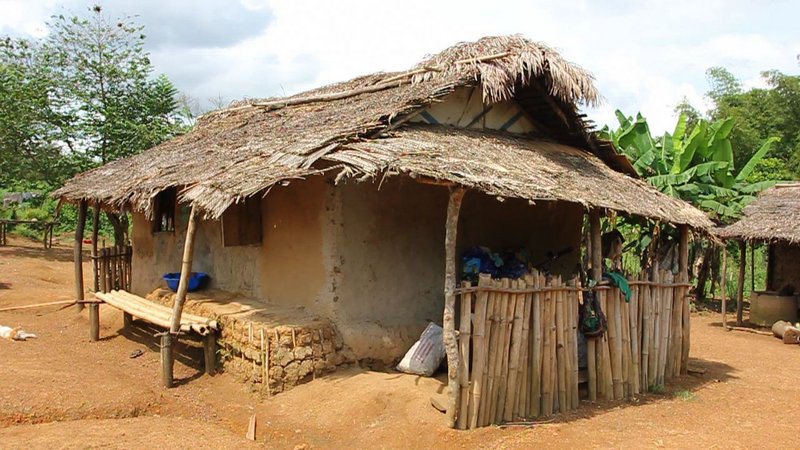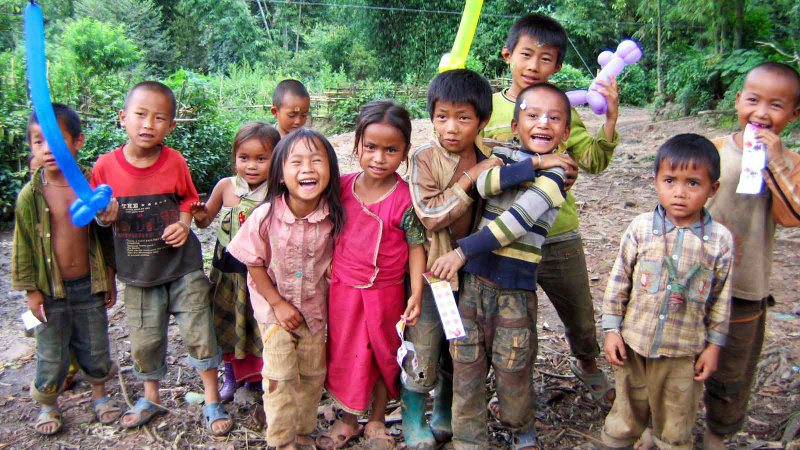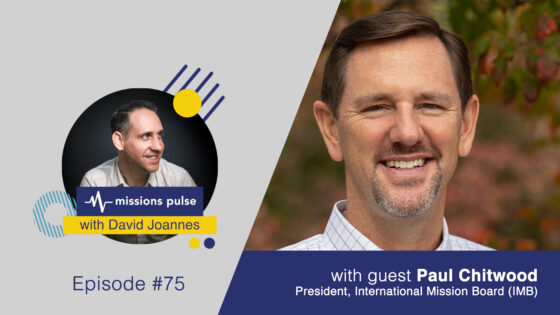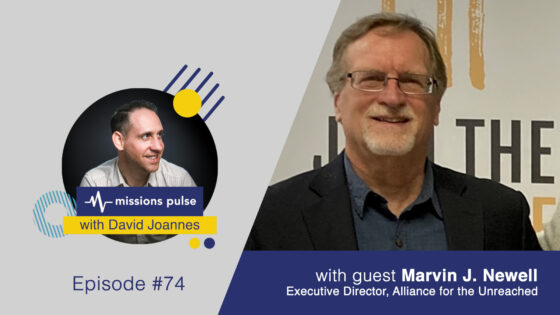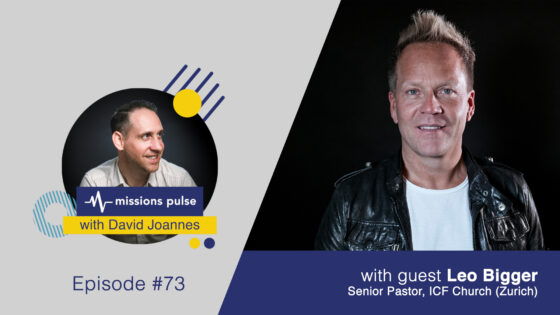There are so many layers of poverty, from the flaky outer shell to the sweetish center. But like an onion, the whole thing will make you cry.
As a traveled American, it’s hard for me to swallow the poverty stories of most of my countrymen. We live in the Disneyland of the world, but I guess waiting in lines for the rides all day long gets overwhelming too. It’s just that after all the sights I’ve seen on international streets, it’s hard for me to give a buck to the guy holding the “will work for food” sign.
Here’s John Piper mentioning “the Disneyland of America”:
Manila taxi drivers are notorious for their stories. They used to ask for a tip every time I’d get comfortable, but thankfully that seems to have died down. “Christmas, sir?” a forty year old driver recently asked me in childish vernacular. I inadvertently rolled my eyes at his request as we passed a group of street kids on Gil Puyat. “No Christmas this year, sir?” I paid the meter without tip, and unapologetically alighted
I’ve eaten bee larvae in a Yao village along the China/Vietnam border. I’ve eaten dog and cat. Those were novelty dishes—delicacies that come with the territory of interior travel among China’s ethnic minorities. I looked into your eyes across the crooked wooden table where our meal was laid out. Lotus root, oily greens, some mushy stuff, and kitten. The room was hazy from the open fire and blackened kitchen kettle. A thick smoke hung between us as we exchanged glances, daring each other to take the first bite. “Ladies first,” my eyes told you. You pinched a furry clump of cat meat between your chopsticks, and lied as you chewed, “Hmm. Not bad.” We had to do it. The poverty we see among those ethnic people groups is horrific, and how dare we turn down the best meal that they are able to prepare?
Let’s just say, orphanages around Monrovia are not quite the majestic half star hotels I’ve stayed at deep inside China’s rural countryside. The little boys wear tattered clothes and the sandals are falling apart under the feet of little girls. They look up at you with those huge brown round eyes that tell a million silent stories—like Puss In Boots—and it’s tough to return the stare for too long without tears. The orphans suffer from all kinds of open wounds and bloated bellies and malnutrition. The injustice of it all makes you mad and sick to your stomach.
So I guess poverty is relative, right? Everyone feels it in their own way, and expresses distaste. Gina says that when you talk about your own poverty, you are spiritually bankrupt. “It’s a poverty mentality.” Everyone’s got it—the rich and the poor alike. I agree to a point, but it may not ring true for a woman sleeping on a Monrovian sidewalk as her baby sucks on her sagging breast. The theory may not be so easily received by the poor when it comes from the lips of the rich.
“I am a poor man,” 15 year old Emmanuel tells my camera. “If you can help me, I will be very grateful.” At night in his orphanage outside Monrovia, he dreams to become a doctor. Maybe someday someone will find him online and be stirred by his story. But let’s face it, most people will never even know that he exists. We’re too distracted eating our cotton candy, waving at Mickey, and complaining how it’s taking forever to get through this line for our next ride.
